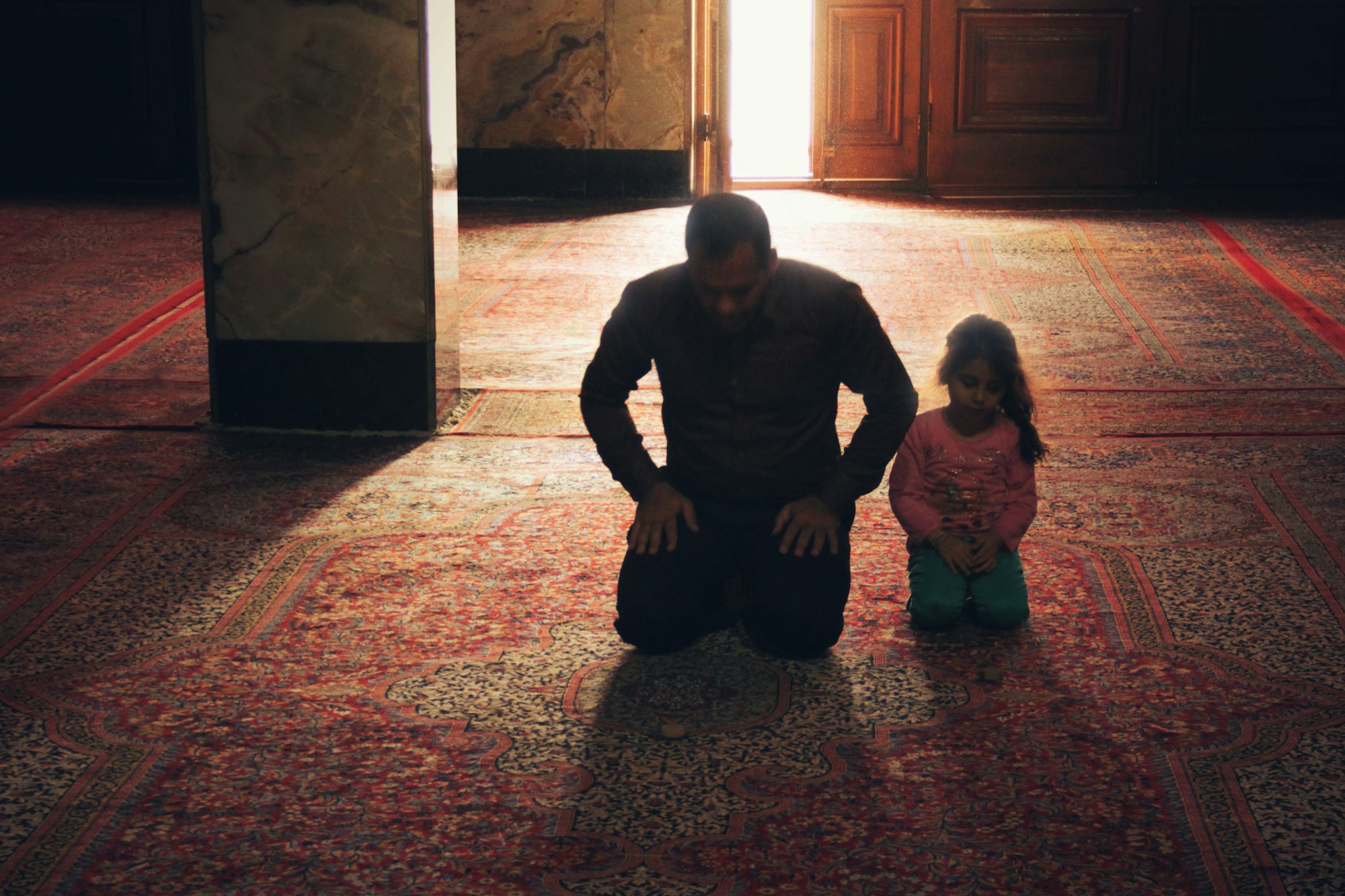Daddy Issues
The term “daddy issues” is used around to refer to a lot of things which have nothing to do with the concept. It has become a catchall term to describe almost anything a woman does when it comes to sex and relationships. If she prefers older men, likes to get spanked and called a bad girl, or calls her partner “daddy” in bed, then it must be daddy issues.
Daddy issues have no precise definition but the term is often used in a derogatory way to describe women who suffer psychological challenges resulting from an absent or abnormal relationship with one’s father, often manifesting in a distrust of, or sexual desire for, men who act as father figures. Despite its prevalence, however, "daddy issues" isn't a clinical term or a disorder recognized by the American Psychiatric Association's latest update of the Diagnostic and Statistical Manual of Mental Disorders
The attachment patterns formed during childhood can affect your attachment styles in your adult relationships.
Attachment styles are categorised as being either secure or insecure. Anxious-preoccupied are people who are anxious, crave closeness, but feel insecure about their partner leaving them. Dismissive-avoidant are people with trouble trusting others for fear that they’ll be hurt. And Fearful-avoidant are people who may feel unsure about intimacy and tend to run away from experiencing difficult feelings.

The role of father is traditionally seen as a role of authority. And for some, authority is power! If you think wanting to call a partner “daddy” in bed or preferring partners who are sexually dominant translates to daddy issues? Wrong! Wanting to slip into a naughty nurse costume and “take care” of your partner is just as valid as other people’s choices in relationship.
If you discovered a pattern in your relationship choices for example, ending up in relationships that are like déjà vu of the painful aspects of your childhood, then it may be time to make a change. Think about your current or past relationships: Can you spot a pattern in the type of partners you choose? Are your relationships usually plagued by insecurity, anxiety, or drama? Reflecting on your experiences and learning about the different attachment styles can help you figure out yours so you know if a change is in order.
What to Do If You Have Daddy Issues
If you had a father who was absent or emotionally unengaged when growing up, you might still suffer from the negative impact of that relationship. In order to deal with daddy issues, there are 3 steps you can follow; recognising the patterns, grave and learn.
Humans crave connection and children aren’t any different. When deprived of love, they start to feel undeserving into this feeling and later find themselves emerging into the character of their oppressors. When you are aware of this you can learn from the mistakes of your father and consciously change into the person, you desire to be.
The only way you’re getting your life together is by doing through the pain. Let yourself feel the pain. It’s an opportunity to heal from childhood trauma and give yourself I’m the love you were deprived of.
Our experiences make us who we are so we best learn from unfriendly experiences. Once you’ve recognised how the beliefs you formed during childhood impact your current relationship, you can replace them with new and healthier ones.
